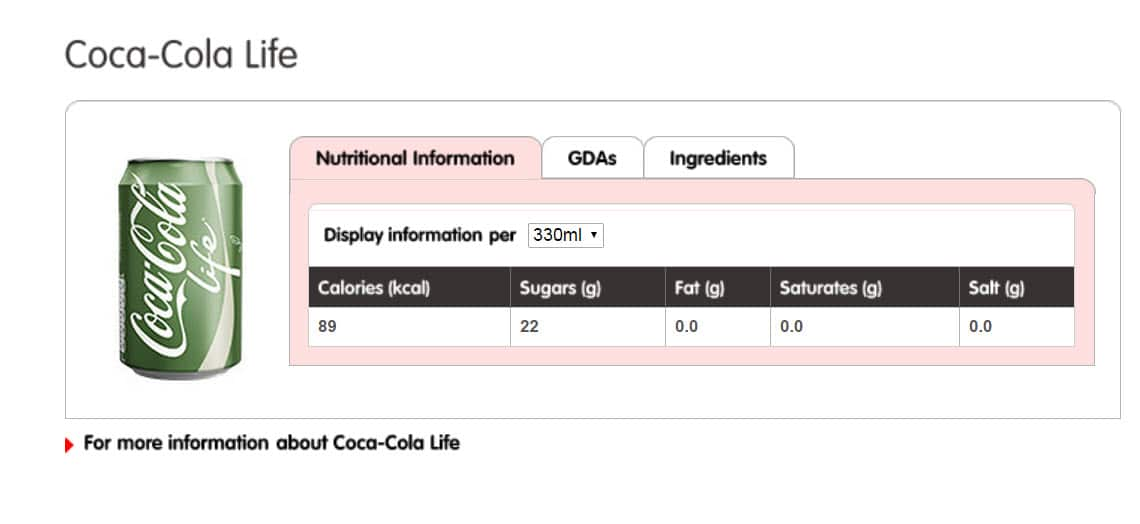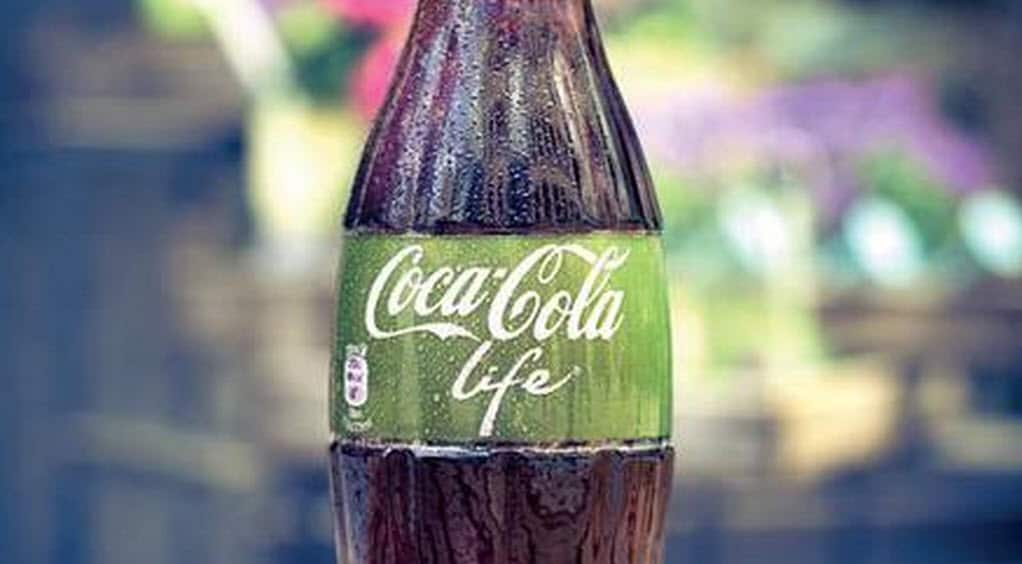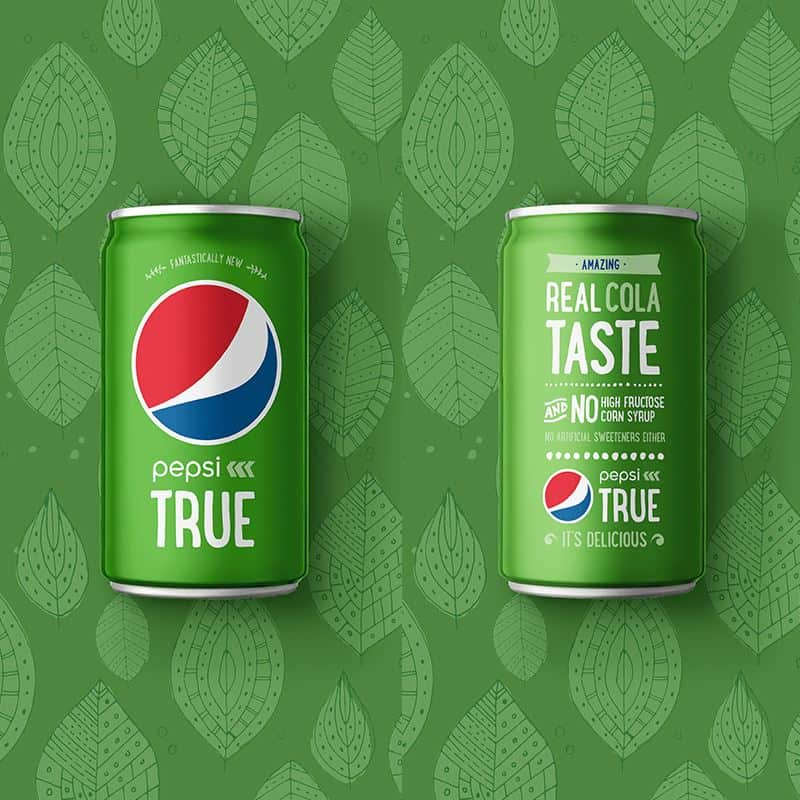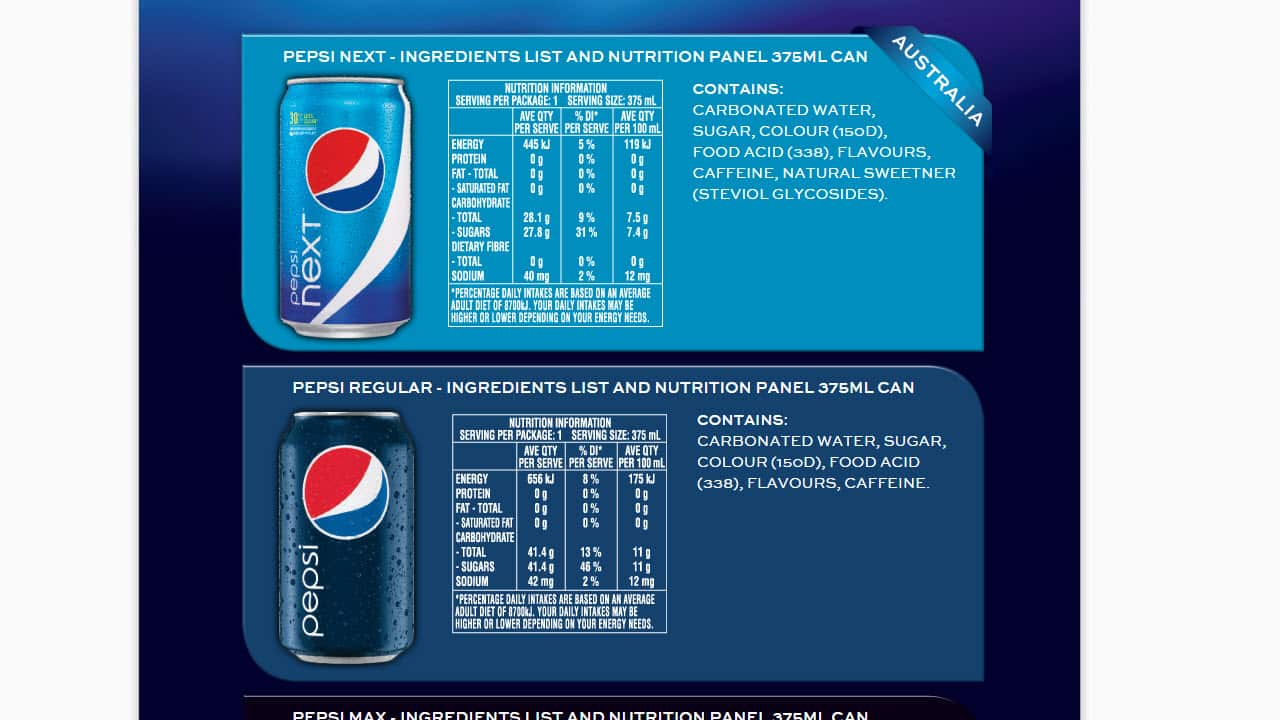There is no doubt consumers are more health conscious these days.
Australia's Coca-Cola Amatil, which is listed on the Australian Stock Exchange, notes in its interim result released in August, that the beverage landscape is evolving with a shift toward what it calls "better for you" products.
In its 2013 full year results out earlier this year, it noted a "disappointing" carbonated soft drink category, but solid growth in its water products along with a continued shift to low calorie offerings.
With that in mind, it's not hard to see why brands like Coca-Cola are seeking healthier alternatives to complement their full sugar products.
Not only that, but some consumers are worried about the possible health implications of artificial sweeteners used in diet soft drinks and other food goods.
Coca-Cola and its main global rival Pepsi are listening and are introducing new cola beverages in some parts of the world, replacing aspartame with the natural sweetner, Stevia.
Britain's Marketing Magazine points out, "using a more natural sweetener doesn't make it a healthier product, just less unhealthy."
Stevia, or steviol glycosides are high intensity sweetners and are 250 to 300 times sweeter than sucrose. Japan has used stevia as its main non-sucrose sweetner source for more than 30 years. Some people do complain however, of an unpleasant aftertaste.
In 2008, Food Standards Australia New Zealand undertook a risk assessment of the product and concluded that steviol glycosides are "well tolerated and unlikely to have adverse effects on blood pressure, blood glucose or other parameters in normal, hypotensive or diabetic subjects at doses up to 11 mg/kg body weight (bw) per day."
Coca-Cola Life was first introduced into parts of South America and was launched in Britain and the US last month replacing its recognisable red label with green packaging.
It is made with a mix of sugar and stevia leaf extract, so it is not eliminating the sugar completely.
A 330mL can has 89 calories or 372 kilojoules and 22 grams of sugar.

The full sugar version has 139 calories or 582 kilojoules and 35 grams of sugar per 330mL can.
While the Diet or Zero versions have vitually no calories or kilojoules, they're sweetened artificially.

Not to be left behind, Pepsi has just unveiled its version, which it calls Pepsi True.
It claims it has 30 per cent less sugar than its full-sugar product.
It will be available online through internet giant Amazon in the US in mid-October.

Pepsi did however, introduce its NEXT product in Australia in 2012, which is naturally sweetened with stevia to deliver 30 per cent less sugar than its full-sugar product.
A closer look at its label still shows a serving size of 375mL contains 27.8 grams of sugar, compared with its full- sugar product at 41.4 grams.
On its website, it says the 30 per cent stevia level is achieved for the best possible taste, without the chemicals.

The soft drink makers would argue these products should be consumed in moderation and in conjunction with a healthy food plan.
But Britain's Marketing Magazine points out, "using a more natural sweetener doesn't make it a healthier product, just less unhealthy." while using the green coloured cans on its international products may be misleading.
In a statement to SBS World News, Coca-Cola South Pacific's Sarah Prestwood said, “We are closely watching how the product performs in other markets, such as the UK, before confirming an Australian launch. We expect to have a decision next year.”
SBS is waiting for comment from PepsiCo Australia/Schweppes Australia.
Have you tried stevia based products? What do you think?

